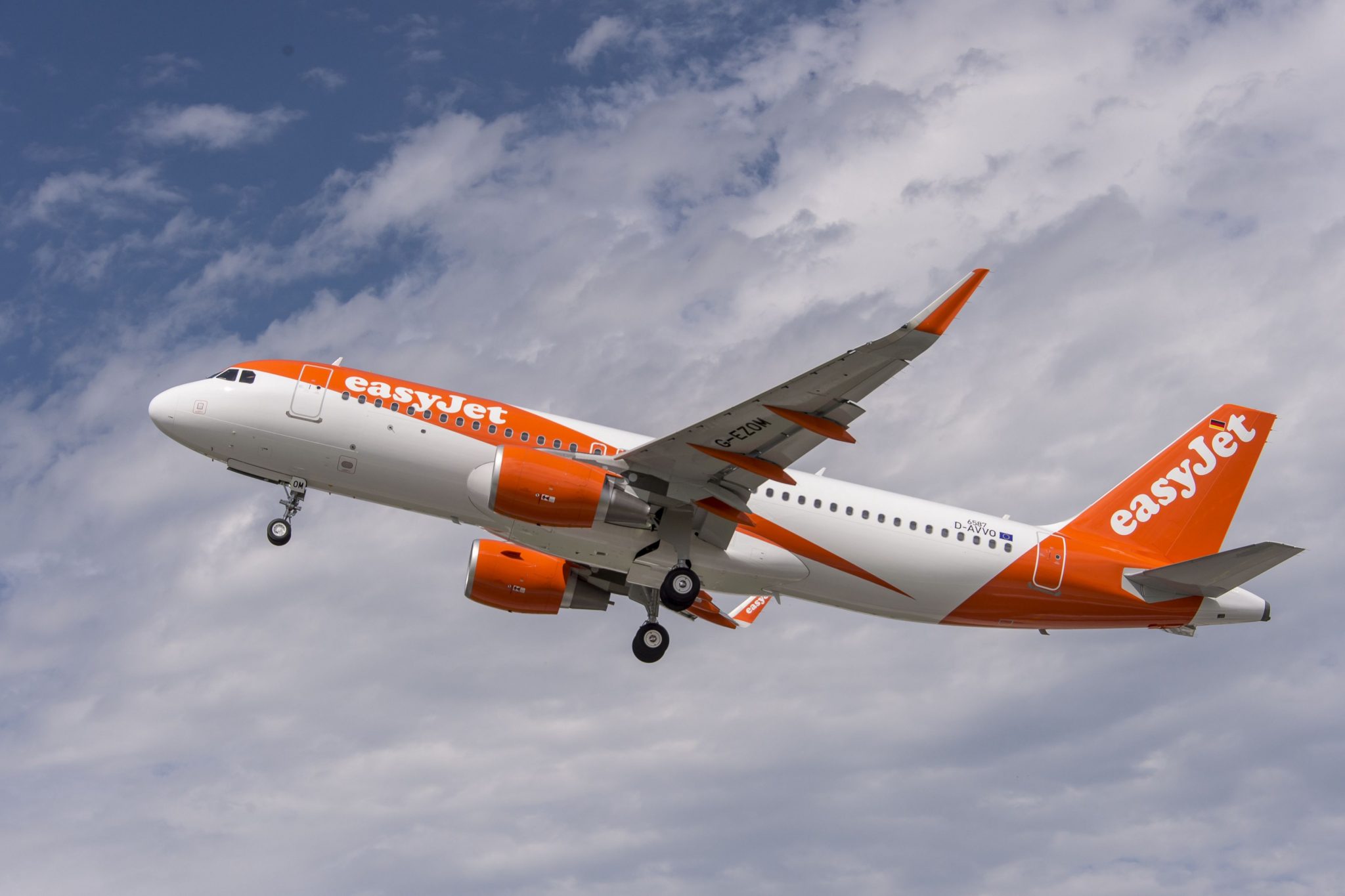For the year ending September 2017, easyJet has reported an 8.1% increase in revenue to £5,047 million, with revenue per seat broadly flat year on year (-0.4%) at £58.23, however profit before tax fell by 17.3% to £408 million due to an adverse headline currency impact of £101 million. Basic earnings per share dropped by 23.9% to 82.5 pence. Reported profit before tax of £385 million, after non-headline costs of £23 million mainly relating to sale and leaseback charges.
During the year, easyJet’s passenger numbers rose by 9.7% to 80.2 million, with record load factor at 92.6% (2016: 91.6%). The airline’s capacity grew by 8.5% to over 86.7 million seats.
easyJet credits strong cost control, driven by increasing benefits of scale and stronger network positions, along with Lean savings of £85 million offsetting inflationary pressure in the market. Headline cost per seat excluding fuel at constant currency increased by 0.9% to £38.69, in line with guidance, with the investment in resilience representing an increase of 0.7% of that increase, as well as the impact of continued high levels of disruption. Headline cost per seat at constant currency decreased by 4.4% to £49.96 due to the benefit of a lower hedged fuel price. Headline cost per seat increased 2.4% to £53.52 mainly as a result of negative currency effects.
Dividend proposed of 40.9 pence per share, in line with easyJet’s increased payout policy of 50% of headline profit after tax.
In October easyJet announced an agreement to acquire part of Air Berlin’s operations at Berlin Tegel airport for a purchase consideration of €40 million, subject to antitrust and regulatory approvals. The acquisition, which is expected to close in December 2017, will result in easyjet entering into leases for up to 25 A320 aircraft, offering employment to up to 1,000 former Air Berlin crews and taking over other assets including slots. The purchase price excludes start-up and transitional operating costs.
easyJet expects to incur headline losses of around £60 million on its activities at Tegel in 2018 financial year, as it starts up operations in January 2018 using wet lease aircraft with initially lower loads and yields. In addition, one-off non-headline costs associated with the transaction are expected in the 2018 financial year of around £100 million. These costs represent the parallel ramp up of a dry lease operation, including fleet conversion and staff recruitment and training costs, as well as transaction costs. The transaction is expected to be earnings accretive by 2019 financial year
easyJet says that it will continue its strategy of purposeful investment to drive profitable growth to secure leading positions at primary airports, increasing returns over the long-term. easyJet plans to grow capacity by around 6% for the 2018 financial year, excluding any prospective Air Berlin capacity
The airline confirmed that forward bookings are ahead of last year at 88% for the first quarter and 26% for the second quarter.

